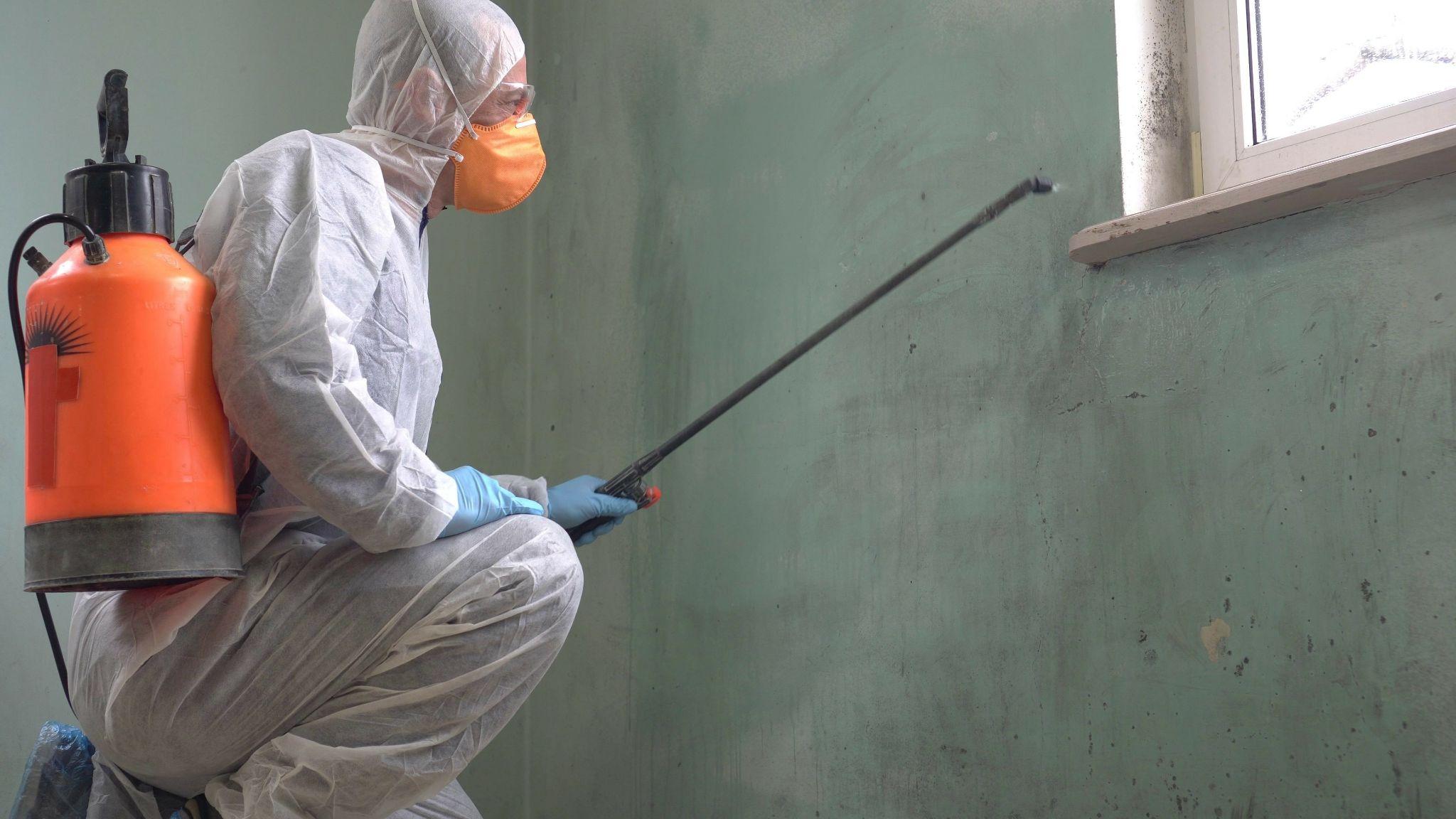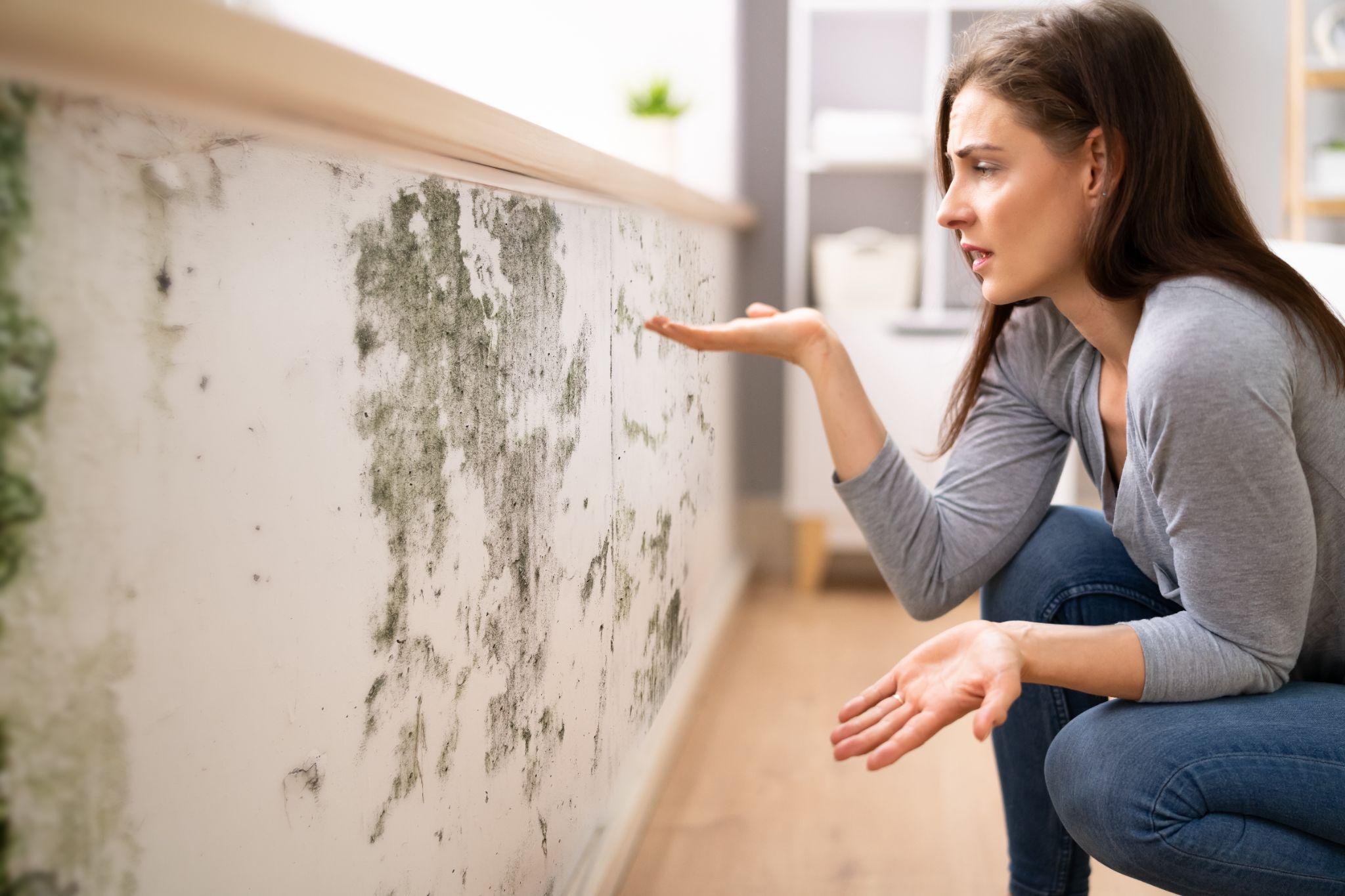Selling a house is no small feat, and the process can become even more complicated when mold is present. Mold is not only an aesthetic issue but can also impact property value, buyer interest, and legal responsibilities.
However, selling a house with mold is not impossible—it just requires proper knowledge and preparation. Let’s explore the key considerations and steps involved in this process.
Why Mold Matters When Selling Your Home
Selling a house with mold can be expensive and challenging, as it affects value, health concerns, and buyer trust. Here's why addressing mold is crucial before selling:
- Impact on Property Value: Mold can significantly decrease your property’s value. Buyers may see mold as a sign of neglect or assume there are larger, hidden problems, which could lead to lower offers or extended time on the market. To remediate mold is expensive and needs to be performed by a licensed, professional remediation company.
- Health Concerns: Mold is a known allergen and irritant, with certain types posing severe health risks to sensitive individuals. Buyers with families or pre-existing health conditions may be especially wary of purchasing a home with mold issues.
- Buyer Perceptions: Even a small patch of visible mold can lead buyers to think the house is poorly maintained. First impressions matter, and mold can make it difficult to build trust with potential buyers.
- Legal and Disclosure Risks: In many states, sellers are required to disclose known mold problems. Failure to do so can lead to lawsuits or other legal troubles, making full transparency essential when selling a home with mold.
Where Mold Is Typically Found
Mold thrives in damp, dark environments, often growing in areas of the house that experience high humidity or poor ventilation. Common spots include:
- Bathrooms: Around tubs, showers, and under sinks where water leaks or pooling occur.
- Kitchens: Near sinks, dishwashers, and refrigerators where water sources are prevalent.
- Basements: Due to high humidity and potential leaks from foundation cracks or pipes.
- Attics: Often caused by roof leaks or insufficient ventilation.
- Hidden Areas: Mold may also grow behind walls, under flooring, or within HVAC systems, making it harder to detect without professional inspection.
Regular inspections and addressing water issues promptly can help you stay ahead of potential mold problems before they escalate.
The Process of Removing Mold
When mold is discovered in your home, addressing it quickly is critical to prevent further damage and health risks. This often begins with a professional inspection to assess the severity and identify hidden mold.
Depending on the extent of the problem, you most likely will need certified remediation specialists to fix even small moisture issues, remove contaminated materials, and thoroughly disinfect affected areas. Preventative measures like improved ventilation and regular maintenance can help ensure the mold does not return.

The Seller’s Responsibility When Selling a House with Mold
Selling a home with mold comes with specific obligations to ensure transparency and fairness during the transaction. Here's what you need to know.
Disclosure Requirements
Disclosure laws vary by state, but most require sellers to inform buyers of known mold issues. Be upfront about the problem to avoid legal repercussions and maintain buyer trust.
Providing Documentation
If you’ve already addressed the mold problem, provide proof of remediation. Documentation from a certified mold remediation specialist or a clean bill of health from an inspector can reassure potential buyers.
Selling 'As-Is'
Another option is selling the house as-is, mold and all. While this may limit your pool of buyers and lead to lower offers, it’s a viable solution for those who don’t want to invest in remediation. Be clear about the mold issue and adjust the price accordingly to reflect the home’s condition.
FAQ
Does mold decrease the value of a home?
Yes, mold can significantly decrease a home’s value by deterring buyers and leading to lower offers due to the perceived costs of remediation and repair.
What happens when a home inspector finds mold?
If mold is discovered during an inspection, the seller may need to address it before the sale proceeds, or the buyer may negotiate a lower price or remediation terms.
Who is responsible for mold remediation?
Responsibility depends on the sales agreement and local laws, but sellers are typically expected to disclose and, in some cases, remediate known mold issues.
Can you legally sell a house with mold?
Yes, you can legally sell a house with mold, but full disclosure is usually required by law to protect buyers and avoid legal issues. Responsibility depends on the sales agreement and local laws, but sellers are typically expected to disclose and, in some cases, remediate known mold issues.
Selling a House with Mold? Let 800CashToday Help!
Selling a house with mold doesn’t have to be overwhelming when you choose the right approach. At 800CashToday, we buy houses as-is, mold and all, offering a hassle-free solution to homeowners.
Skip the expense and time of mold remediation, and sell your home quickly for cash. Let us help you move forward without the stress. Contact us today to get started!



